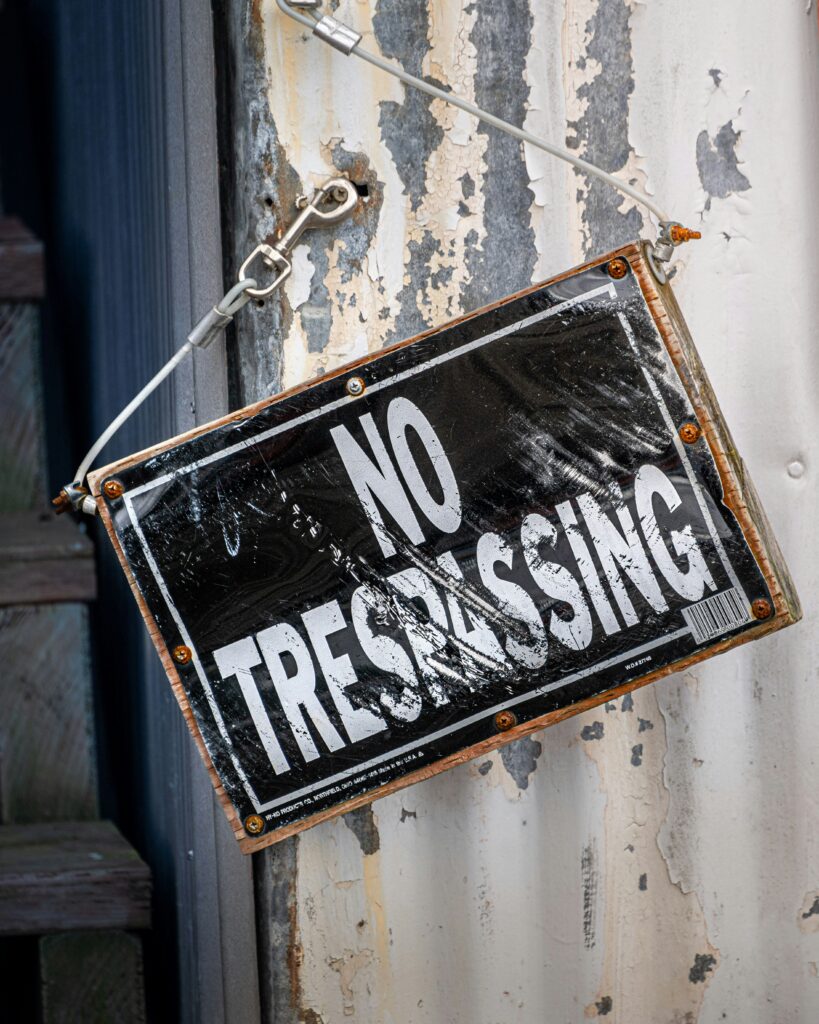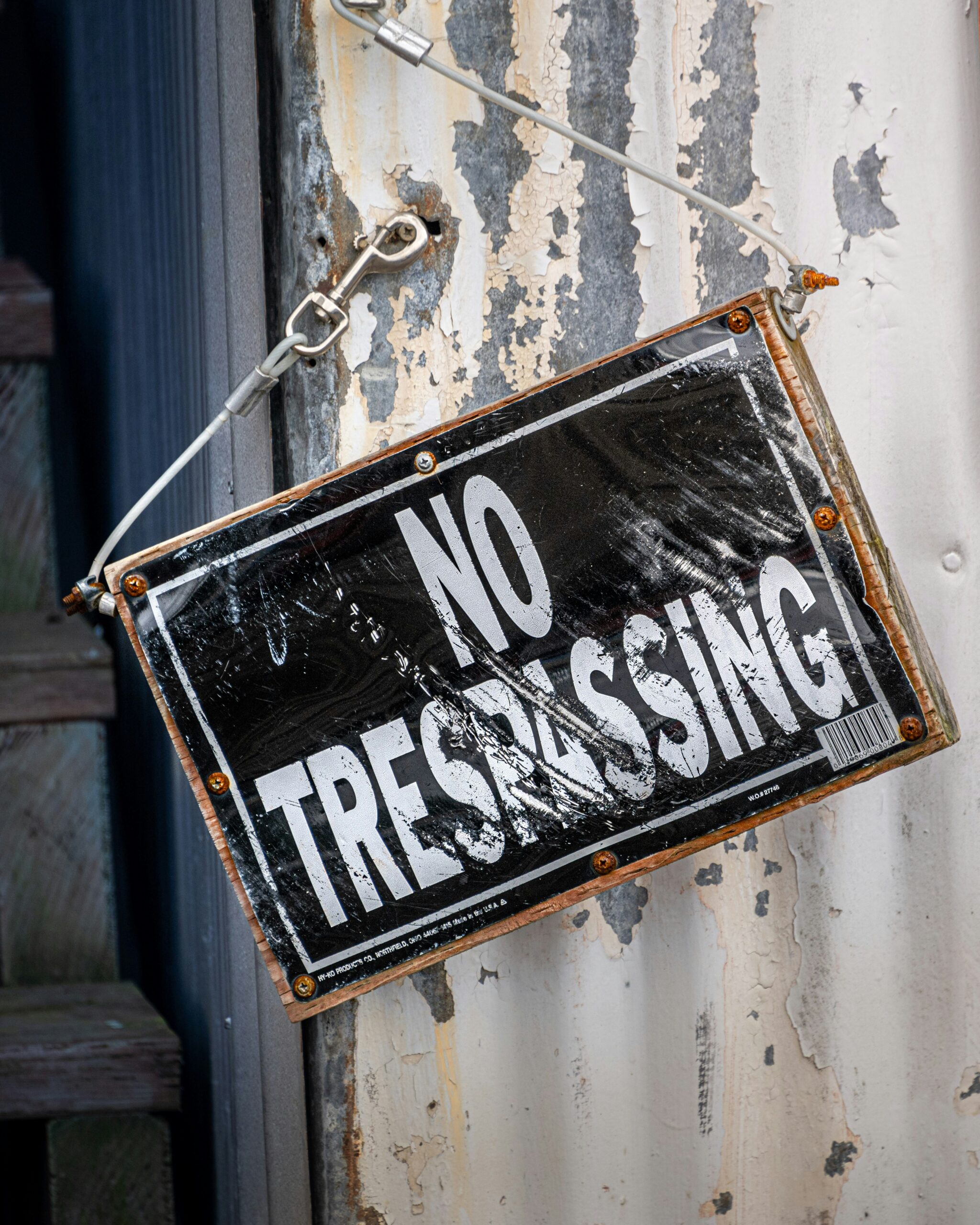If you’re anything like most people, you’ve probably found it difficult at some point to say “no.” Whether it’s agreeing to take on extra tasks at work, attending a social event when you’re feeling drained, or supporting someone even when you don’t have the emotional energy, saying yes can seem like the easier option. But this constant tendency to please others often comes at the expense of our own well-being. Over time, the inability to set boundaries can lead to burnout, emotional exhaustion, and even resentment.
Let’s take a deep dive into how to set boundaries for your wellbeing:
- Why setting boundaries is essential
- How to say no confidently – here are our tips and tricks
- Practicing healthy boundaries in different areas
- Protect your time, energy and well-being by setting boundaries
The truth is, learning to say no is a vital skill for maintaining mental health and happiness. It’s not about being selfish; rather, it’s about respecting your limits, prioritising your needs, and protecting your energy. In this article, we’ll explore why setting boundaries is so important, how to say no without guilt, and how to practice healthy boundaries in various areas of your life.

Why setting boundaries is essential
Setting boundaries is one of the most important things you can do for your mental health. But for many people, it’s a struggle. We live in a society that often values people-pleasing, multitasking, and being constantly available. However, when you say yes to everything, you say no to taking care of yourself. Failing to set boundaries can lead to serious consequences, including burnout, stress, and emotional exhaustion.
Burnout occurs when the demands placed on you exceed your ability to cope, often resulting in a sense of overwhelm, frustration, and disengagement. It doesn’t only affect your physical health, but also takes a toll on your emotional well-being. If you’re constantly putting others first and neglecting your own needs, your mental health can suffer. You may feel drained, detached from your goals, and unable to focus.
By setting clear boundaries, you prevent emotional depletion, reduce stress, and ensure that you have the energy and mental space to take care of yourself. Boundaries are about balancing your own needs with those of others, ensuring that you can give your best without overextending yourself.
How to say no confidently – here are our tips and tricks
Saying no isn’t easy, especially if you’ve been conditioned to please others or avoid conflict. However, learning to say no confidently is a skill that can greatly improve your well-being. Here’s how to do it:
- Be direct and honest: When someone asks you for something, be clear and straightforward. You don’t need to over-explain or make excuses. A simple “No, I can’t take this on right now” is enough. You don’t owe anyone a lengthy justification for protecting your time and energy.
- Use assertive communication: Assertiveness is about expressing your needs and desires clearly while also respecting the needs of others. Instead of saying “I’m sorry, but I just can’t,” try something like, “I’ve got too much on my plate right now, but thank you for asking.” This communicates that your limits have been reached without apologising or feeling guilty.
- Don’t feel guilty: Saying no can feel uncomfortable, especially if you’re worried about disappointing someone. But it’s important to remember that taking care of yourself isn’t selfish. You have the right to say no without feeling bad about it. When you set boundaries, you’re ensuring that you’re in a better mental and emotional state to say yes when it truly matters.
Practice self-compassion: If you feel guilty after saying no, it’s essential to practice self-compassion. Remind yourself that you’re not saying no to the person, you’re simply saying no to something that isn’t aligned with your current needs. Taking care of yourself is necessary for maintaining your well-being and helping others in the long run.
Practicing healthy boundaries in different areas
Healthy boundaries don’t just apply to work—they are equally important in personal relationships, social commitments, and even your own internal dialogue. Here’s how you can practice setting boundaries in different areas of your life:
Work is one of the most common areas where people struggle with boundaries. It’s easy to say yes to extra projects, long hours, or attending meetings outside of work hours, especially when you want to appear dedicated or indispensable. However, this often leads to burnout and resentment.
Let’s shed light on some situations where boundaries come in handy. We have assembled a few tips on how to recognise and enforce your own boundaries, be it at work, in relationships or other social settings.
To set boundaries at work:
- Set clear working hours and stick to them.
- Don’t check emails after work or on weekends.
- Learn to delegate tasks when appropriate.
- Say no to additional responsibilities when you’re already stretched thin.
In personal relationships, it’s easy to fall into the trap of constantly giving and never asking for anything in return. Whether it’s being there for a friend or family member at the expense of your own time or emotional energy, it’s essential to set boundaries.
To set boundaries in relationships:
- Be clear about your needs and communicate them openly.
- Don’t feel obligated to be available 24/7.
- Prioritise your well-being, even if it means saying no to favours or requests.
- Set emotional boundaries by not taking on the emotional burdens of others.
In social situations, saying yes to every invitation can lead to feeling overwhelmed and drained. It’s okay to decline invitations or choose activities that nourish you instead of exhausting you.
To set boundaries with social commitments:
- Choose activities that align with your energy and time.
- Politely decline events if you feel like you need rest or time to yourself.
- Protect your personal time by saying no to plans that don’t contribute to your well-being.

Protect your time, energy and well-being by setting boundaries
Learning to say no and set boundaries is a powerful act of self-care. It allows you to protect your time, energy, and mental health, ensuring that you’re able to show up as the best version of yourself. By setting boundaries in work, relationships, and social situations, you can prevent burnout, avoid emotional exhaustion, and prioritise your well-being without guilt:
- Recognise the need for boundaries and start noticing situations where they should be set and met
- Work on your mindset regarding boundaries – they are necessary and vital to your mental well-being
- Start setting boundaries, even if it is uncomfortable in the beginning
- Apply boundaries to all areas of your life, such as work, relationships and social engagements
“Boundaries are the way we take care of ourselves, and they also teach others how to treat us.” – Melody Beattie
Remember, setting boundaries is not selfish: It’s a vital part of maintaining a healthy and balanced life. Empower yourself to say no when necessary, and watch how your confidence, clarity, and overall well-being improve. You deserve to prioritise yourself and your needs, so don’t be afraid to draw the line and take control of your life.








